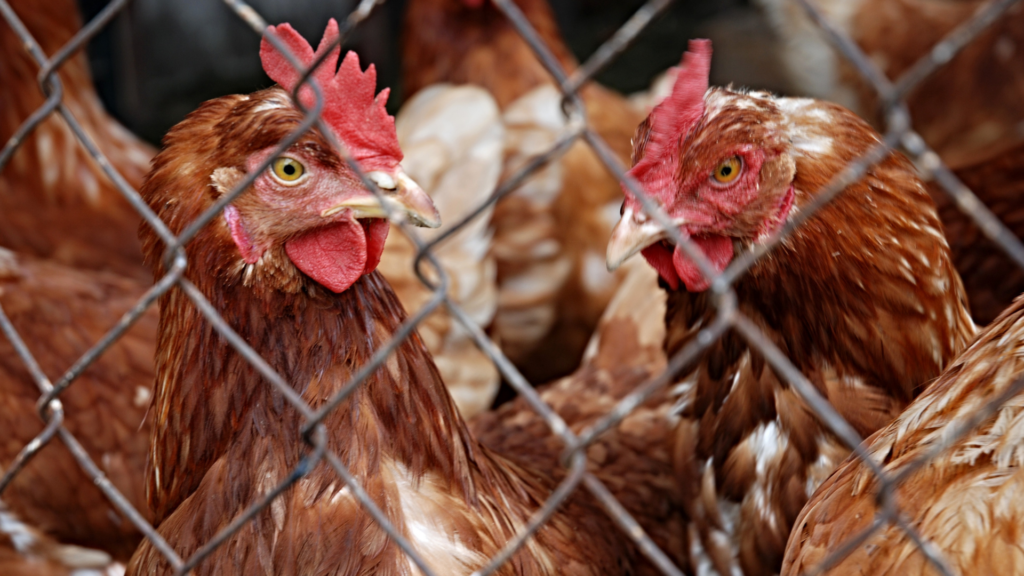Interventions to control the dynamics of antimicrobial resistance from chickens through the environment
This poster, originally presented at the 2023 ReAct Africa and South Centre Conference, presents preliminary findings from the ICARS-supported ENVIRE project in Tunisia. The project aims to reduce the selection and spread of antimicrobial resistance (AMR) in broiler chickens, and its transmission from chicken farms to the environment, and ultimately to humans.
The project focuses on antibiotic-resistant bacteria, specifically ESBL-producing E. coli and other Enterobacteriaceae, and their resistance to antibiotics such as fluoroquinolones and colistin. The project includes multiple on-farm intervention studies to explore practical mitigation strategies. In addition, a quantitative risk assessment model is being developed to evaluate the effectiveness and potential synergistic impacts of these interventions in reducing human exposure to AMR through foodborne, occupational, and environmental pathways.
Details
Resource type: Poster
Date: 9. September 2023
Author: Wejdene Mansour, Lucie Collineau , Mindaugas Malakauskas, Marta Kuzminska-Bajor, Tina Kabelitz, Roswitha Merle
Region: Africa
Sector: One Health
Share
Share this project on socials
Related resources
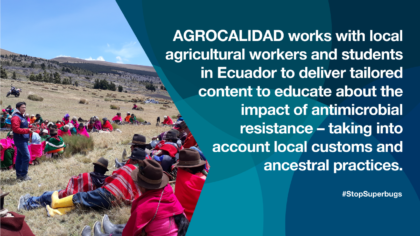
Collaborating with the agricultural sector to increase awareness on AMR
AGROCALIDAD
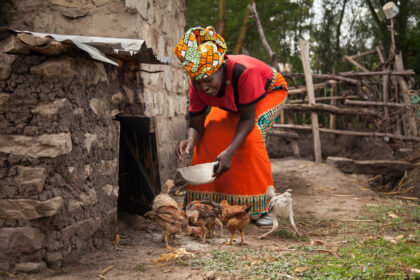
Putting gender upfront in One Health AMR research and implementation strategies
Erica Westwood, Evelyn Baraké, Jyoti Joshi
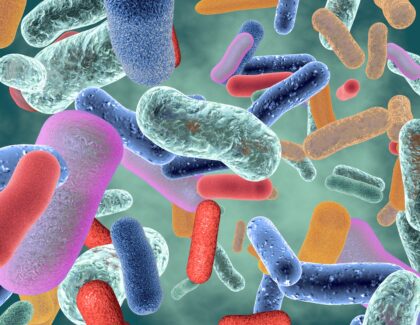
Introducing the global antimicrobial stewardship partnership hub (GASPH): creating conditions for successful global partnership collaboration
Jacqueline Sneddon, Tracey Guise, David Jenkins, Mirfin Mpundu, Maarten Van Dongen, Jeroen Schouten, Jonghong Xiao, Gloria Cordoba, Dilip Nathwani
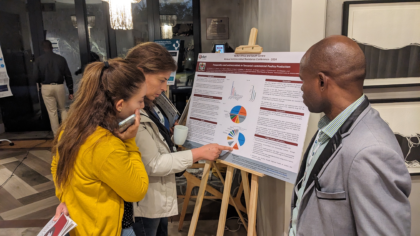
Frequently used antimicrobials in Tanzania’s commercial Poultry Production
A.B. Matondo, A. E. Amasha, H. A. Ngowi, S.Mdemu, G. Kayuni, M. Madege, E. Westwood, H.E.Nonga, S. Ochai, J. P. Christensen, R.H.Mdegela et al.
Related projects
